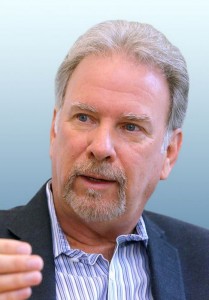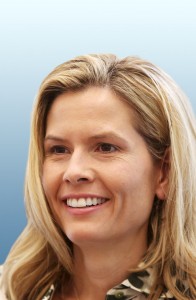Words of Wisdom from Vivek Gupta
Vivek Gupta is the C.E.O of Zensar Technologies, a global software services company based in Pune, India. In a recent interview with Adam Bryant of the New York times, Gupta opened up about his management style, hiring techniques and the importance of a solid elevator pitch. Here are some highlights from the interview:
- Know the difference between managing activities and managing people: “Over time I realized you don’t manage activities. You manage people, and you worry about the outcomes.”
- Communication is key: “50% of a C.E.O.’s communication is non-verbal. Everything you do, even the way you smile in a room, really matters.”
- Beware of hiring people just like you: “I want to hire people who are very different to me or better than me in certain areas so that one plus one equals more then two.”
- Prioritize potential over performance: “I try to focus on a person’s potential rather than their performance. What that means by definition is that I should be encouraging people from by own company to take positions before I go and hire people from the outside.”
- Have a solid elevator pitch: “You’ve got three minutes. What will you tell me about yourself? It’s interesting to hear the traits that people focus on.”







